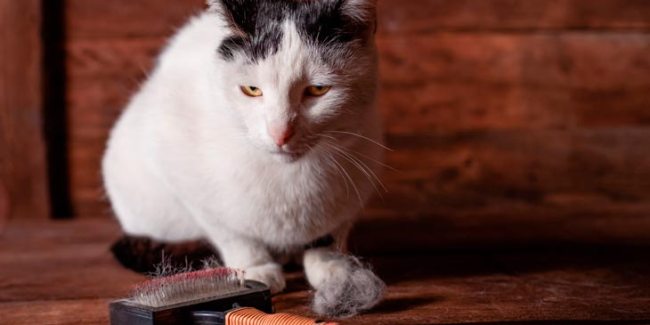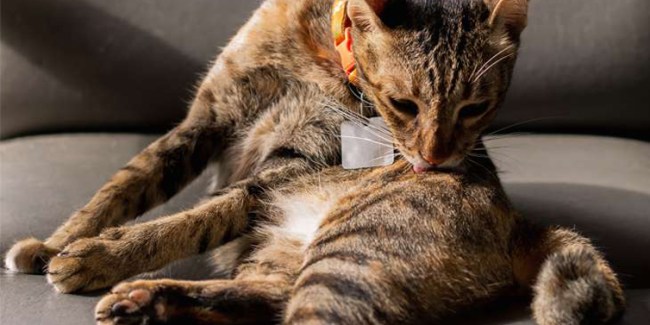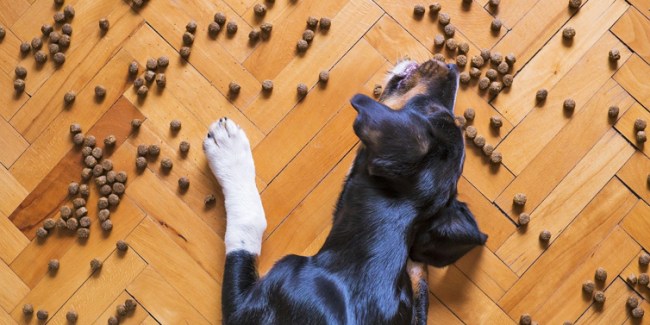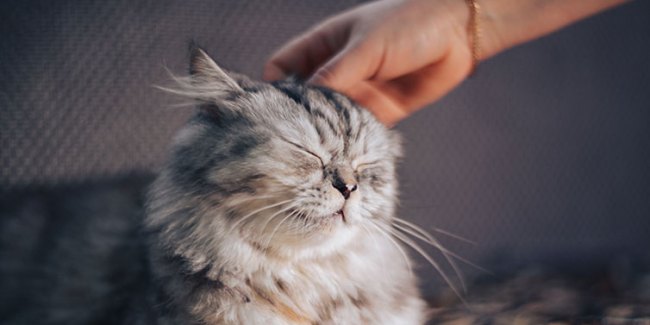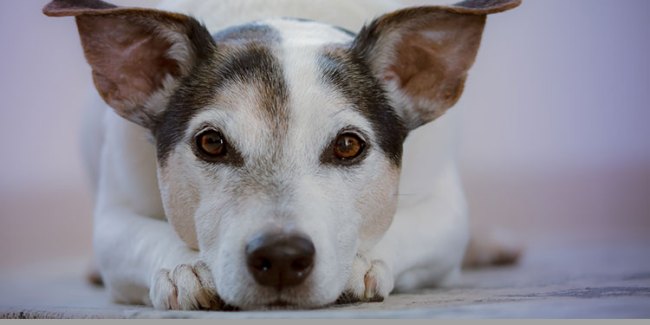Why Should I Vaccinate My Pet?
Vaccines are used as preventative measures which allow your pets to develop levels of immunity against certain dangerous diseases. In order to protect your animals against some serious bacterial and viral illnesses, inoculations are essential. Without these vaccinations, your pets are unprotected.
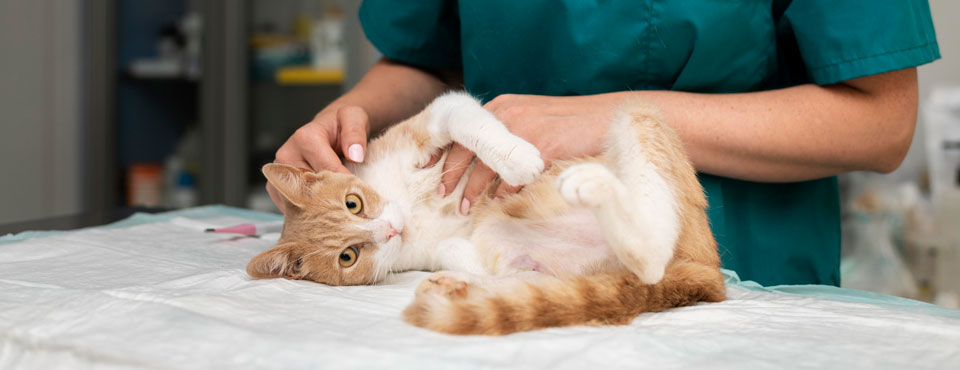
Vaccinations protect your furry friends against certain contagious diseases such as feline panleukopenia (a type of parvovirus), canine distemper and several respiratory illnesses. Vaccines can also protect against “zoonotic” diseases, such as rabies, which can be transmitted to humans.
We understand that many pet parents may be confused and worried about which vaccines are essential for their feline and canine friends, so we are going to provide you with the information you need in order to provide the best protection you can for your furry family members. We believe that the more knowledge you have about vaccinations, the easier it will be for you to make the best decisions.
- Vaccine Types
We recommend that you consult your vet about which vaccines he/she recommends for your pet.
There are two main groups of vaccines:
“Core” vaccines are those which are highly recommended for all cats and dogs. They provide protection against diseases which pose a serious threat, based on your type of pet or on the particular area in which you live.
“Non-core” vaccinations may be recommended, according to the life-style of your pet and where you live.
Rabies vaccinations is legally required in South Africa.
- Vaccine Action
Basically, a vaccine ‘teaches’ your pet’s body how to mount an immune response against certain diseases, thereby reducing the severity of the disease in most cases. The vaccine copies the action of the infection in a safe way, without your pet actually contracting the disease. Your pet’s immune system “remembers” the infectious organism and is therefore prepared to deal with it without the animal having to experience the disease first.
- Amount of Vaccine
All pets receive the same amount of vaccine, whether Chihuahuas or Great Danes. This is because all vaccines provide a specific amount of virus or bacteria, required to mount an adequate immune response, preparing the animal’s immune system to resist the disease.
- Sick Pets
If your pet is not looking well on the day her/his vaccine is due, we suggest that you contact your vet before taking her/him in. Sometimes unwell pets can be vaccinated but it is normally better for them to be well.
- Missing a Vaccination or Booster
It is important that your furry family members receive their vaccines at certain specific intervals during their lives to ensure that they are properly protected. If you and/or your pet cannot attend an appointment when the vaccination is due, contact your vet as soon as possible to make an alternative appointment.
- Pregnant Pets
When your furry female friend is pregnant, we suggest that your speak to your vet concerning vaccinations.
Generally, it is not advisable for your preggie furries to have any inessential surgical or medical procedures because these may sometimes cause problems for mom and/or babies. However, certain vaccines have been tested and approved for use during doggie/kitty pregnancy. If possible, try to vaccinate before your pet mates to avoid a booster vaccination being due during pregnancy or delay the booster until after the birth.
Some vaccines are however registered as safe to use during pregnancy such as the Nobivac® DHPPi range.
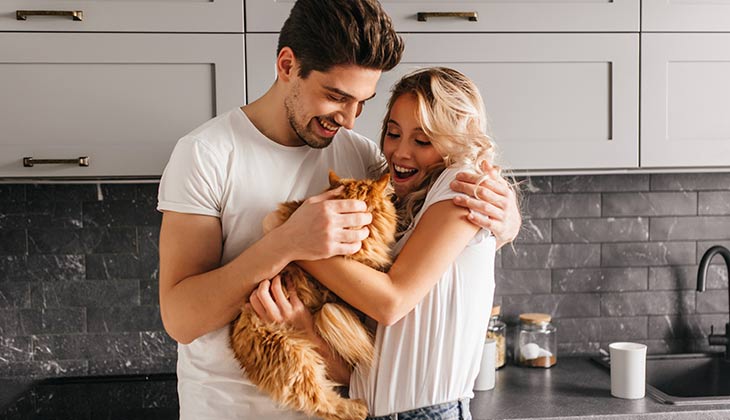
- Indoor Pets
You may believe that if your feline or canine friend stays largely indoors, he/she does not need to be vaccinated. Unfortunately, indoor pets can also get infected by certain diseases and therefore it is important to vaccinate them. Your indoor pet may occasionally go outside, go to a pets’ parlour or stay in boarding kennels. He/she may come in contact with other pets or visitors who may bring infectious diseases into your house. Bats and rodents may also come into your home, carrying all sorts of diseases and parasites.
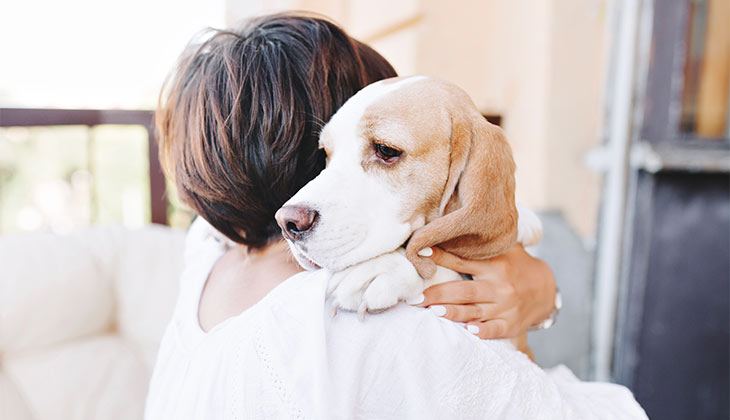
- Older Pets and Vaccinations
If you have an older pet, we suggest that you speak to your vet about vaccinations.
Your pensioner pet can still contract infectious diseases, so generally, he/she should continue to be vaccinated in most cases. However, as pets’ life-styles change as they age, your vet may decide that certain “non-core” vaccinations are no longer necessary.
- Younger Pets and Vaccinations
You may be confused as to why your baby furries need to be vaccinated repeatedly. There are two basic reasons:
- To ensure that some vaccines provide full protective immunity, a minimum of 3 doses have to be administered initially, 3-4 weeks apart.
- Baby pets are protected against certain diseases by antibodies they get from their moms, mainly from the first milk they ingest. However, after some weeks/months, this protection is gradually lost, which means the puppies or kittens are no longer protected against these diseases. The antibodies from the mother are, of course, vital for this early protection, but they can affect vaccines. When the babies are unprotected and vulnerable, repeat doses of vaccine may be necessary to ensure that they have immunity against certain diseases.
- Annual Vaccines
The length of time immunity is provided by vaccines depends on the type of vaccine and on individual animals. “Booster” vaccinations are given every 1-3 years for vaccines which provide immunity for this time period. Some vaccines provide protection for 3 years, which means that you only have to re-vaccinate every 3 years.
Your vet will advise you when re-vaccinations, or “boosters” are required, which will ensure that your pet is always protected against these diseases.
And finally …
If you have any questions about vaccinations, or indeed about any aspect of your beloved pets’ health or well-being, remember that your vet is the expert and will provide the relevant information and advice to ensure that both you and your furry friends are happy. We hope that this article has been useful to you.
ZA-BRV-220700007
Subscribe to our Newsletter
Get to know your furry friend better! Sign up for all things dog- or cat-related.
The Hairy Facts about the dreaded hairball
12 April 2021
Help! My dog’s barking mad! Volume 2
12 April 2021
Your Itchy, Scratchy Cat – All About Cat Skin Problems
12 April 2021
The Dog’s Diet: A Bone of contention?
01 April 2021
Mango Fly Worms: How to Spot and Eliminate them
Posted on November 28,2019
Managing Mange And Mites In Your Dog
Posted on June 11,2018
Why Do Cats Purr and How? Learn What Your Cat Is Saying
Posted on October 14,2020
How to Get Rid of Ear Mites in Dogs
Posted on November 06,2019


